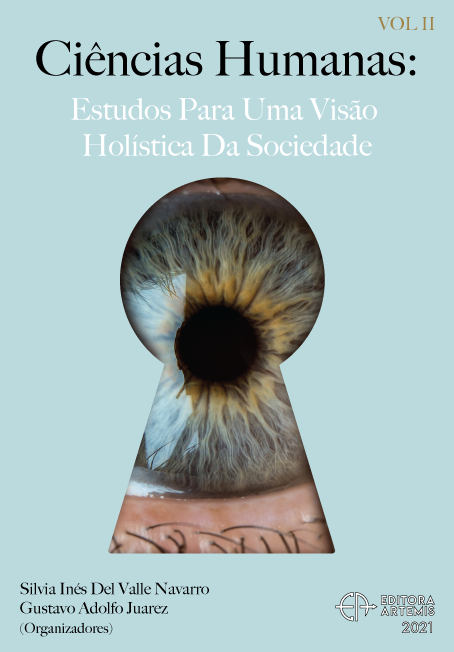
UMA LUTA HISTÓRICA, UM CONTEXTO ATUAL: A PROPOSTA PEDAGÓGICA DO MOVIMENTO DOS TRABALHADORES RURAIS SEM-TERRA.
A concentração de terras no Brasil, a partir da lógica do latifúndio, remonta desde o começo da era colonial. A mecanização do campo, última faceta deste mesmo processo, é fortemente estimulada pela lógica das Monoculturas, e encontrou na ditadura militar as condições favoráveis para seu desenvolvimento. É neste contexto que surge o MST, que representa um novo processo de luta no país. Oliveira (1996) destaca que o embate agora é para permanecer na terra, construindo um futuro baseado na negação do presente, realizando não somente a crítica, mas propondo novos modelos de produção. Contra o agronegócio, que implica na utilização de diferentes insumos nas colheitas, propõe a Agroecologia como um projeto mais sustentável. Como aponta Stedile (2012), o que existe hoje de reforma agrária no país vem deste movimento. A educação se relaciona com a maneira como os sujeitos aprendem, ou seja, desenvolvem suas potencialidades dentro de determinada prática social, é um processo de entrar em contato com o outro, com a natureza e o trabalho, de modo a modificar ou reafirmar determinado comportamento. Diferentes práticas de ensino envolvem diferentes saberes, culturas e expectativas. A partir da análise do Plano de Estudos das Escolas Itinerantes do Paraná (Lurczaki et al., 2013), observamos algumas características determinantes na pedagogia do Movimento, como a preocupação com a vida em comunidade e a percepção do ambiente como a unidade complexa entre homem e natureza, buscando problematizar a visão que dicotomiza estes dois. Sua crítica se baseia, sobretudo, ao forte distanciamento entre os conteúdos de ensino e a realidade objetiva, que instaura um movimento de artificialização das escolas. De natureza Interdisciplinar propõe não uma discussão sobre o fazer, mas a inclusão da escola na prática social, procurando uma nova forma de organização do trabalho escolar.
UMA LUTA HISTÓRICA, UM CONTEXTO ATUAL: A PROPOSTA PEDAGÓGICA DO MOVIMENTO DOS TRABALHADORES RURAIS SEM-TERRA.
-
DOI: 10.37572/EdArt_2806213854
-
Palavras-chave: Cultura, Pedagogia contra-hegemônica, Movimentos Sociais, Questão Agrária.
-
Keywords: Culture, Counter-hegemonic pedagogy, Social Movements, Agrarian Question.
-
Abstract:
The concentration of land in Brazil, based on the logic of the latifundium, dates back to the beginning of the colonial era. The mechanization of the countryside, the last facet of this same process, is strongly stimulated by the logic of Monocultures, and found in the military dictatorship the favorable conditions for its development. It is in this context that the MST emerges, which represents a new process of struggle in the country. Oliveira (1996) points out that the clash is now to stay on earth, building a future based on the denial of the present, carrying out not only criticism, but proposing new production models. Against agribusiness, which implies the use of different inputs in crops, it proposes Agroecology as a more sustainable project. As Stedile (2012) points out, what exists today in agrarian reform in the country comes from this movement. Education is related to the way the subjects learn, that is, they develop their potential within a given social practice, it is a process of coming into contact with the other, with nature and work, in order to modify or reaffirm a certain behavior. Different teaching practices involve different knowledge, cultures and expectations. From the analysis of the Study Plan of the Itinerant Schools of Paraná (Lurczaki et al., 2013), we observed some determining characteristics in the pedagogy of the Movement, such as the concern with community life and the perception of the environment as the complex unit between man and nature, seeking to problematize the vision that dichotomizes these two. His criticism is based, above all, on the strong distance between the teaching contents and the objective reality, which establishes a movement for the artificialization of schools. Interdisciplinary in nature, it proposes not a discussion about doing, but the inclusion of the school in social practice, looking for a new way of organizing school work.
-
Número de páginas: 16
- Douglas Gomes Nalini de Oliveira
- Vandeí Pinto da Silva

